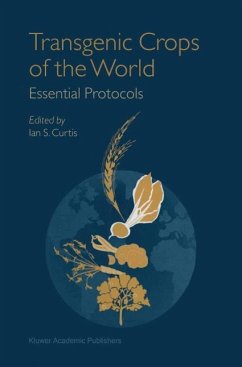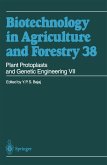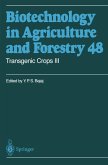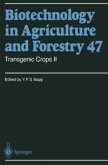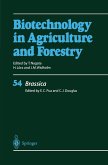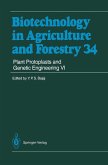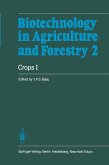Since the first transgenic plants were produced back in the early 1980s, there have been substantial developments towards the genetic engineering of most crops of our world. Initial studies using isolated plant cells and removing their cell walls to form protoplasts, offered the possibility of transferring genetic material by Agrobacterium-mediated gene transfer, chemical agents or electrical charges. However, in those cases were isolated protoplasts could be transformed, often, a shoot regeneration system was not available to induce the production of transgenic plants and any such regenerated plants were subject to mutation or chromosomal of cultured plant organs, such as leaf abnormalities. By the mid-1980s, the use disks, offered the convenience of combining gene transfer, plant regeneration and selection of transformants in a single system. This approach, enabled the production of stable, phenotypically-normal, transgenic potato and tomato plants in culture. By the late 1980s, the use of biolistics offered a means of inserting foreign genes into plant cells which where inaccessible to Agrobacterium infection. Even today, this technology is now standard practice for the production of some transgenic plants.
Dieser Download kann aus rechtlichen Gründen nur mit Rechnungsadresse in A, B, BG, CY, CZ, D, DK, EW, E, FIN, F, GR, HR, H, IRL, I, LT, L, LR, M, NL, PL, P, R, S, SLO, SK ausgeliefert werden.

